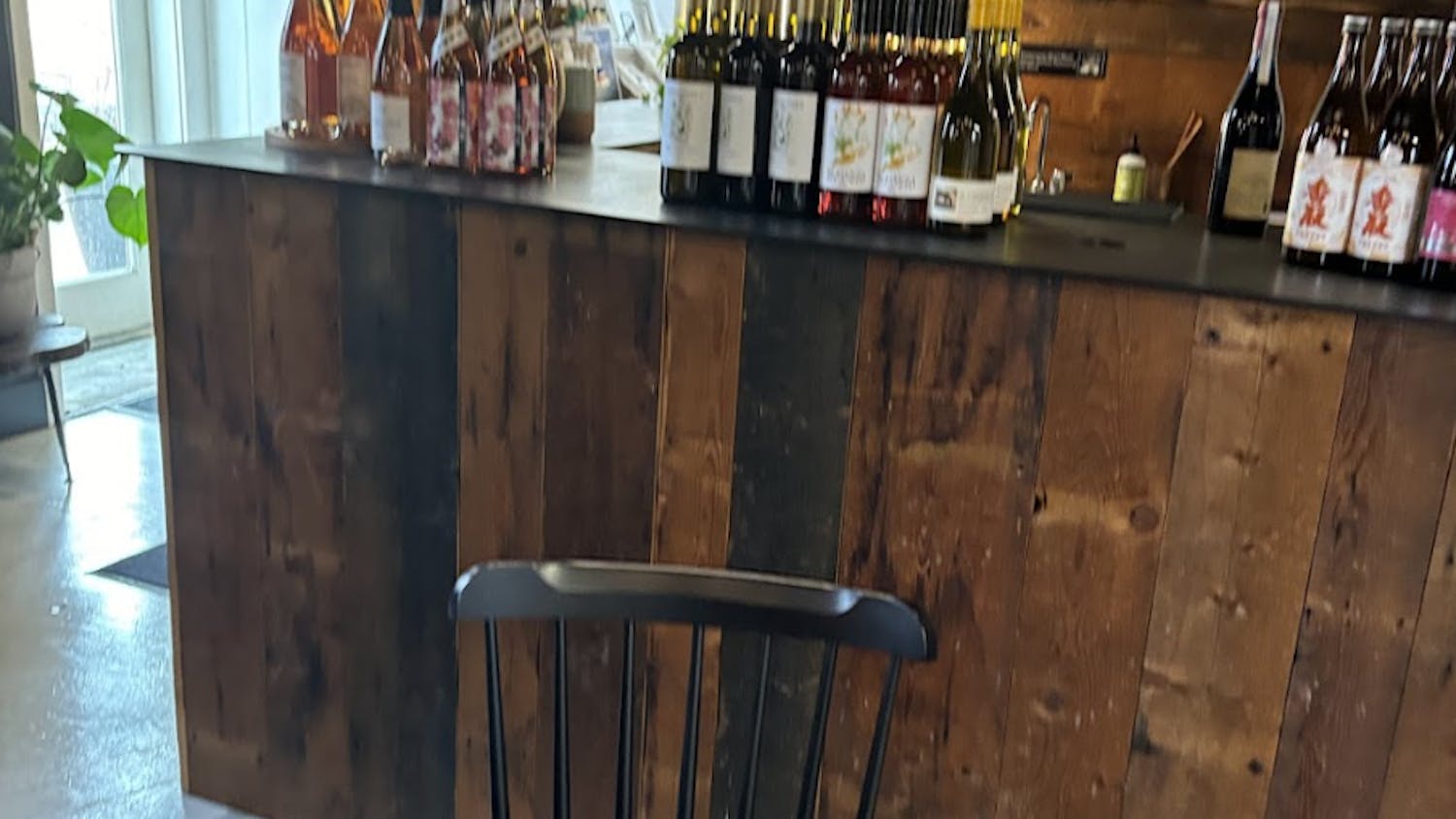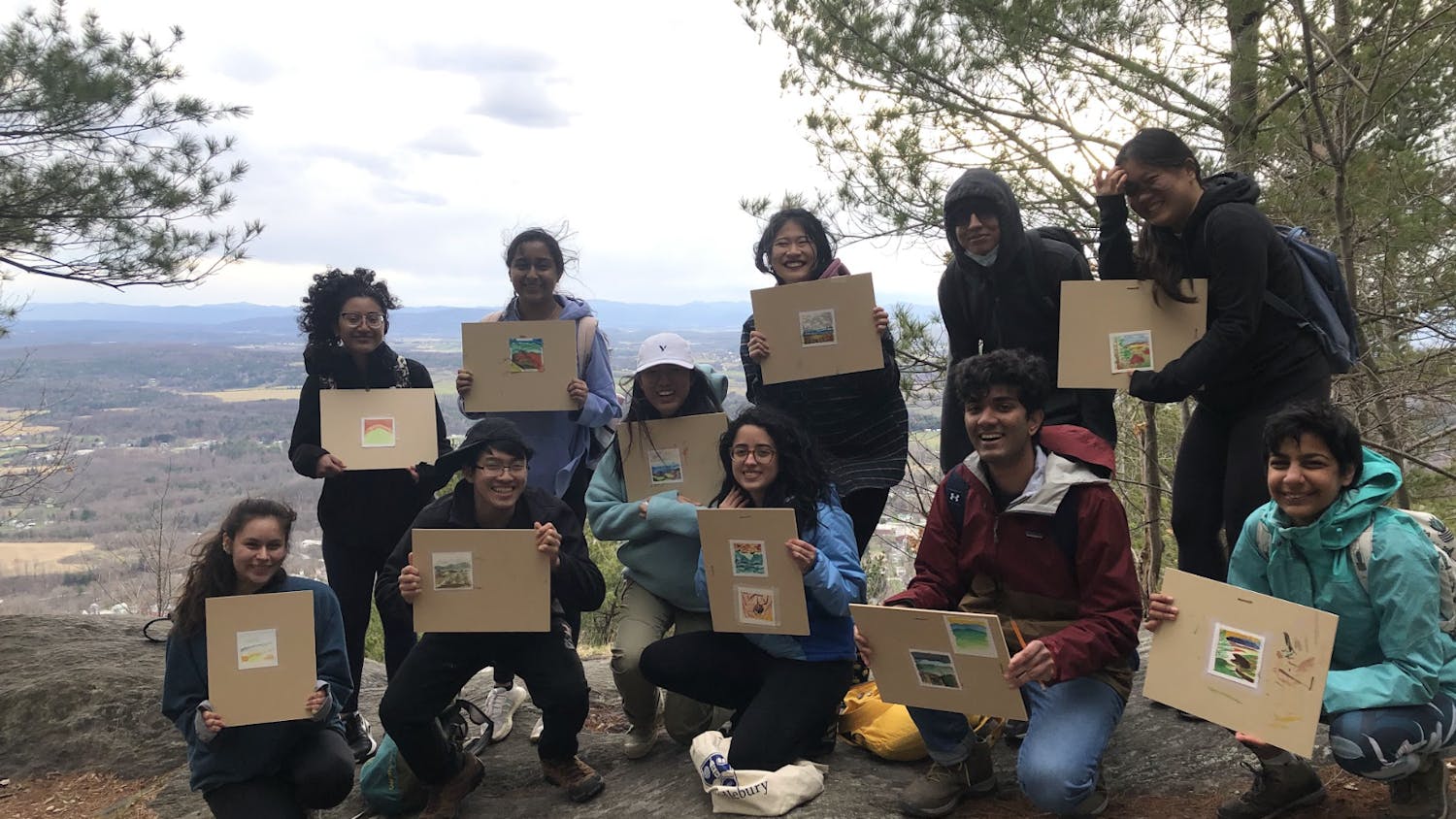The Hindi word for magic is “Jaadu.” However, co-founder of Magicians Without Borders, Tom Verner, believes that magic is a universal language.
“Everyone speaks magic,” he said.
 Verner has good reason to believe in the power of magic. Since 2001, he and his wife, Janet Fredericks, have traveled around the world visiting refugee camps, orphanages and poverty- stricken communities, performing magic and bringing hope to children. The two began their work in the refugee camps of Kosovo and Macedonia, and they have since expanded. Verner and Fredericks have journeyed to Sudanese refugee camps in Ethiopia, orphanages and camps in the Balkans and in Haiti and have visited mentally and physically handicapped children in both India and Bangladesh.
Verner has good reason to believe in the power of magic. Since 2001, he and his wife, Janet Fredericks, have traveled around the world visiting refugee camps, orphanages and poverty- stricken communities, performing magic and bringing hope to children. The two began their work in the refugee camps of Kosovo and Macedonia, and they have since expanded. Verner and Fredericks have journeyed to Sudanese refugee camps in Ethiopia, orphanages and camps in the Balkans and in Haiti and have visited mentally and physically handicapped children in both India and Bangladesh.
Magicians Without Borders is a nonprofit organization based in Lincoln, Vt., funded through donations and fundraising efforts. On Sunday April 25, Verner and Friedricks performed at Holley Hall in downtown Bristol, Vt. for a crowd of about 50 community members.
“The [United Nations] estimates that in the past nine years we have performed for 400,000 refugees,” he said.
Verner dedicated his recent magic show to the refugee children he has met in his travels. He also acknowledged John Elder, whom he believes is Middlebury’s own “national treasure.” Elder and his wife, Rita, support Verner’s organization.
A global bazaar and silent auction were set up in the hall outside, and all proceeds will fund future Magician Without Border trips.
“Through my work around the world I have learned that performing magic can show that the impossible is possible,” Verner said.
During the performance, he shared stories of the children he has encountered over the years. When Verner began visiting the camps, he thought the children and families stayed there for a few months, or even a year, and then returned home. However, after his countless trips to these refugee camps, he realizes that for many, refugee camps are a lifelong reality.
“We show these kids that the world hasn’t forgotten about them,” he said. “These refugees live in far removed places and often feel like the world doesn’t know they’re there.”
“There is a misguided perception of refugees as bodies who need only food, shelter and medicine,” Verner continued. “Magic feeds their minds and imaginations. Magic is good for the soul.”
Verner and Fredericks say they feel welcome in all places they visit. In one camp in Iran the two struggled to find a place to perform.
However, they met a camp director, who invited them into a sacred mosque and they were able to share their magic. Verner says reception of this sort has been universal. Verner calls instances like these “angel moments,” in which he says, “the world is conspiring in your favor.”
Working closely with the UN, Magicians Without Borders spends much time searching for new refugee camps or areas to perform. The UN recently asked the two to create a magic show, which will teach refugee children about HIV and AIDS.
In 2005, the couple traveled to El Salvador where they performed in the Chalcuapa dump, a desolate area of burning trash, where families live. Verner and Fredericks began working with a group of resident children, now known as the “Barefoot Angels.” The kids were rescued from the dump area and educated in the nearby town of Santa Ana. To acknowledge the children’s success in school, the magicians spent a day teaching the students their magic tricks.
“The kids kept asking, ‘When are you coming back?’” he said. “That’s when we knew that we had to return to this special place.”
Magicians Without Borders now returns to El Salvador every three months. Verner and Fredericks have watched the “Barefoot Angels” develop a taste for magic. The two have also created a scholarship to send several of these children to college.
“Studying magic awakens dreams of the impossible,” said Tom.
Children in the audience also had the chance to participate in an art project that will be sent to children in the refugee camps. These recipients will then create artwork to send back to Vermont.
“All children around the world speak magic, everyone understands it,” Verner said.
For more information or to make a donation, visit the Magician Without Borders website.
Hocus pocus brings hope to kids
Comments



